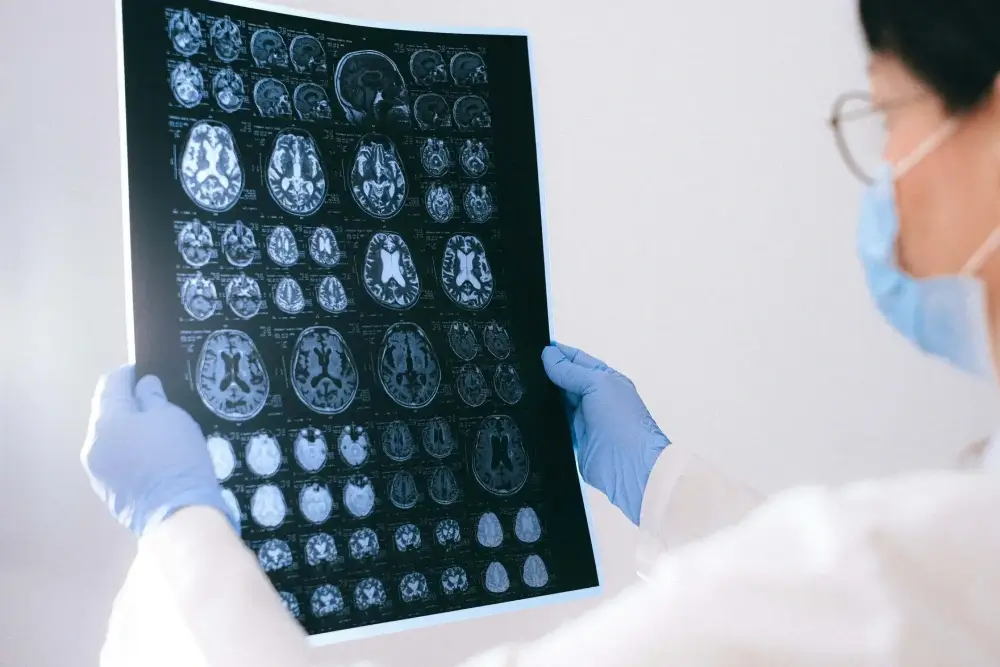Neurosurgery is the surgical specialization that caters to the nervous system. Most people associate neurosurgery with brain surgery, but it involves much more.
It is the medical specialty dealing with the diagnosis and treatment of injuries, or diseases/disorders of, the brain, spinal cord, spinal column, as well as peripheral nerves and central nerves throughout the body. Neurosurgical treatment includes both adult and pediatric patients. A neurological surgeon may offer surgical and/or non-surgical treatment depending on the type of the trauma or condition.


Neurosurgeons are medically trained experts who treat conditions of the brain, spine and nervous system and specialize in performing surgical procedures. They treat a multitude of conditions ranging from trigeminal neuralgia to head injuries and Parkinson’s disease. They vary from neurologists, who focus on other types of therapy.
At Fakeeh University Hospital, we have a comprehensive brain and spine neurosurgery team of qualified specialists that use cutting-edge technology to diagnose, treat, and improve patients’ lives. Our experts are here to assist patients by providing competent care in a warm, caring environment dedicated to our patients.
The nervous system is a highly specialized, complex network. Our nervous system organizes, explains, and links us to the world around us, from sight to smell and mobility to speech. However, when something goes wrong with a component of the nervous system, it might result in a neurological disorder. Every year, millions of people are affected by neurological disorders, and many of them remain unaware of it.
Understanding the symptoms of neurological disorders is critical, since it can help in accurate diagnosis and treatment. Each person may experience symptoms in a different way. However, the following are the most prevalent indications and symptoms of a nervous system disorder.

If you have a neurological condition that requires or might benefit from an in-depth evaluation, your primary healthcare practitioner would most likely refer you to a neurologist or neurosurgeon.
However, because your doctor has recommended that you see a neuro specialist or surgeon, does not indicate that surgery is inevitable. Instead, it means you will get a thorough neurological exam, a review of your symptoms and medical history, and complete diagnostic imaging to understand the root cause of your problems, and then move towards an accurate treatment pathway.

Fakeeh University Hospital offers cutting-edge treatment options for brain tumors and neurologic issues caused by trauma, other cancers, or other conditions, including: